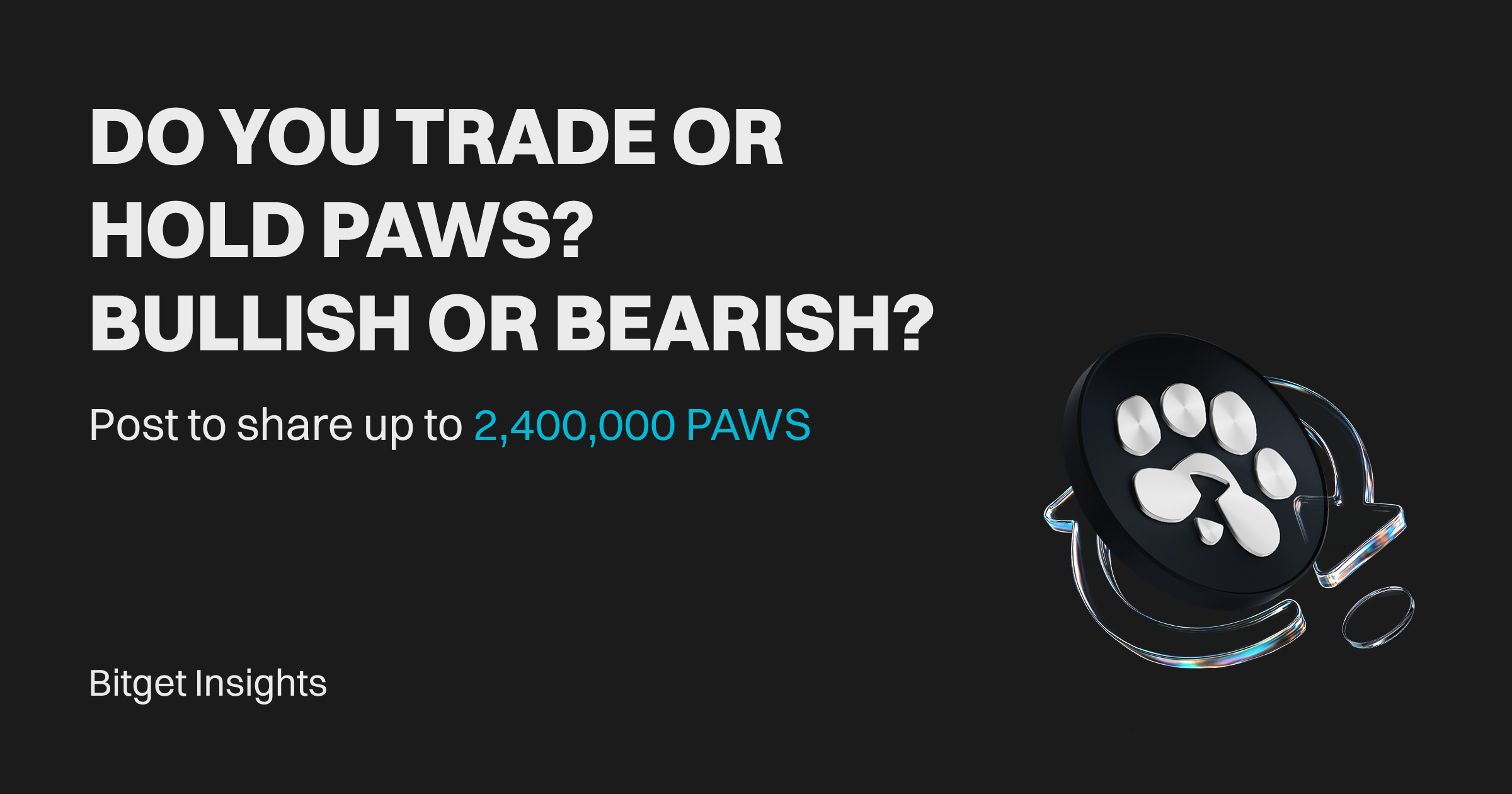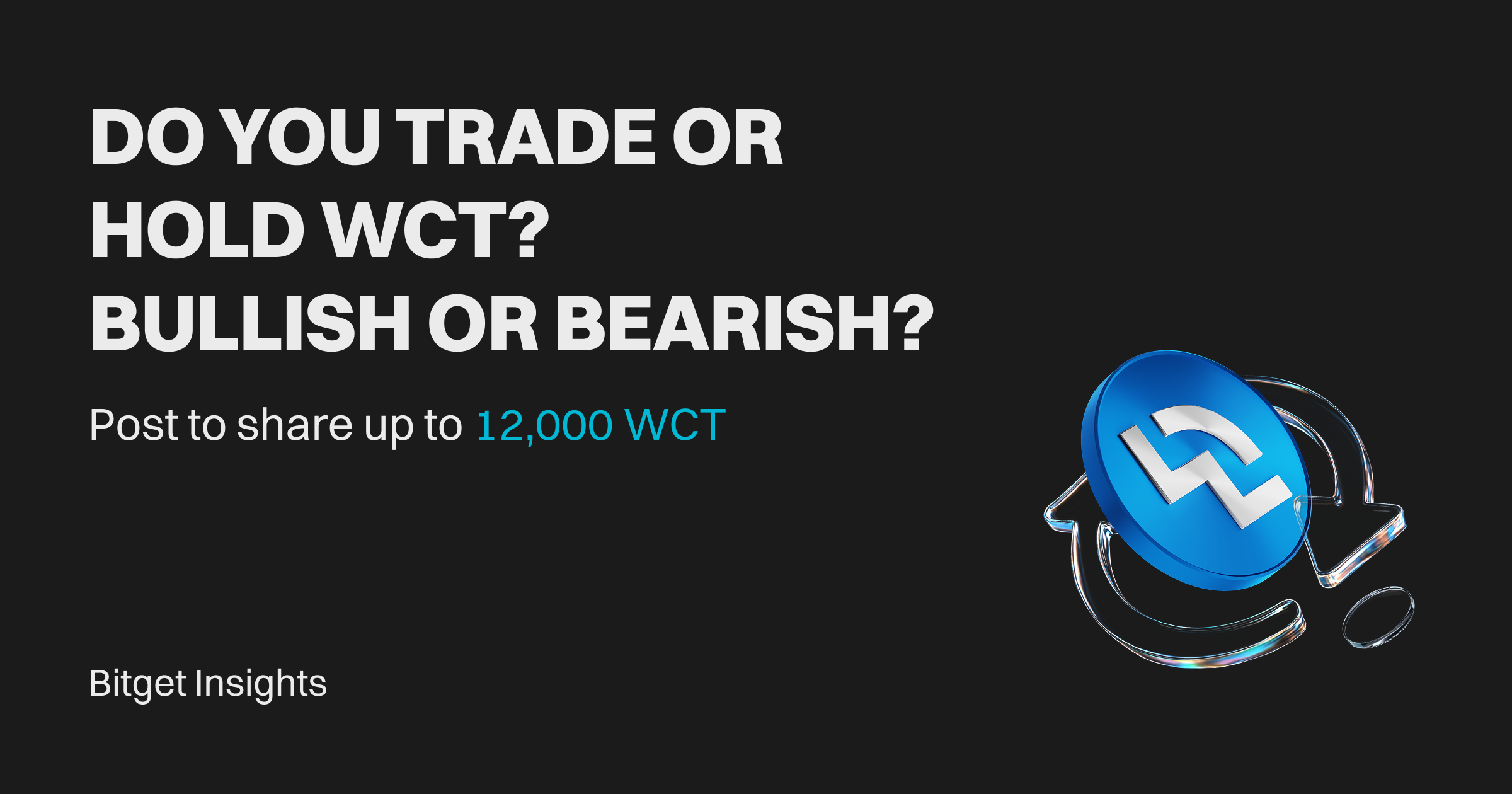News
Stay up to date on the latest crypto trends with our expert, in-depth coverage.



The unique value of Proof-of-Work (PoW) tokens lies in their mining mechanism and regulatory positioning. Research shows that mining costs are a defining feature of PoW tokens, involving significant investment in hardware and electricity. When market prices approach miners' breakeven points, miners tend to hold onto their coins in anticipation of future appreciation. This behaviour reduces circulating supply, shifts the supply-demand balance, and may contribute to price increases. Regulatory clarity is also critical to the investment appeal of PoW tokens. Both BTC and LTC are classified as commodities by the U.S. SEC rather than securities, which simplifies the ETF approval process. In January 2024, the approval of the BTC spot ETF triggered significant institutional inflows. LTC is currently undergoing the ETF application process. While DOGE and KAS have not yet received formal classification, their PoW nature may position them for similar treatment. Together, these factors enhance market liquidity and attract more institutional investors.


In recent weeks, increasing risk-averse sentiment and a decrease in demand for leverage have resulted in a significant decline in yields across Earn products. On major DeFi platforms, stablecoin yields have dropped below 4%, while on centralised exchanges, yields on stablecoin-based Earn products are now around 2%. In contrast, Bitget HodlerYield provides users with a 10% APR on stablecoins, without a 7-day cooldown for withdrawals or claims. Funds can be deposited and redeemed instantly, offering greater convenience and flexibility.

The RWA (Real-World Assets) sector has been gaining significant traction in the crypto space, as it tokenises traditional assets like real estate and bonds to bridge the gap between TradFi and DeFi. This process unlocks trillions of dollars in potential value, while enabling broader access to high-value investments through asset fractionalisation, increased liquidity, and lower entry barriers. RWA also diversifies and stabilises DeFi collateral options, addressing the sector's over-reliance on crypto-native assets and paving the way for large-scale adoption. With regulatory frameworks becoming clearer worldwide, the compliance advantages of RWAs are increasingly evident—drawing in institutional capital. What sets RWA projects apart is their connection to real-world income streams like rent and interest payments, offering more sustainable returns than purely speculative assets. These cash-flow-generating features appeal to investors seeking steady returns. As such, RWA is seen as a crucial step in the evolution of blockchain technology from concept to practicality. Its development potential and practical use cases make it an important sector in the crypto industry today.
- 21:35The US Dollar Index fell by 0.47%, closing at 99.735.According to ChainCatcher, citing Jinse Finance, the US Dollar Index, which measures the dollar against six major currencies, fell by 0.47% on the day, closing at 99.735 in the late foreign exchange market. 1 euro exchanged for 1.1544 US dollars, higher than the previous trading day's 1.1486 US dollars; 1 pound exchanged for 1.3132 US dollars, higher than the previous trading day's 1.3047 US dollars; 1 US dollar exchanged for 153.14 Japanese yen, lower than the previous trading day's 154.11 yen; 1 US dollar exchanged for 0.8066 Swiss francs, lower than the previous trading day's 0.8104 Swiss francs; 1 US dollar exchanged for 1.4113 Canadian dollars, basically unchanged from the previous trading day; 1 US dollar exchanged for 9.5682 Swedish krona, higher than the previous trading day's 9.5654 krona.
- 21:21All three major U.S. stock indexes closed lower.Jinse Finance reported that all three major U.S. stock indexes closed lower, with the Nasdaq down 1.9%, the S&P 500 Index down 1.12%, and the Dow Jones down 0.84%. Major technology stocks generally declined: Nvidia and Tesla fell more than 3%, Intel, Amazon, and Meta dropped more than 2%, Microsoft fell more than 1%, while Netflix and Apple saw slight declines; Google rose slightly. Notably, Microsoft has fallen for seven consecutive trading days, marking its longest losing streak since 2022. Robinhood dropped nearly 11%, marking its worst single-day performance since March.
- 21:20Block Inc. Q3 net revenue was $6.11 billion, below expectationsJinse Finance reported that Block Inc.'s net revenue for the third quarter was $6.11 billions, while analysts expected $6.34 billions; bitcoin revenue for the third quarter was $1.97 billions, with analysts expecting $2.28 billions. The company expects gross profit for the fourth quarter to be $2.76 billions, while analysts expected $2.74 billions.